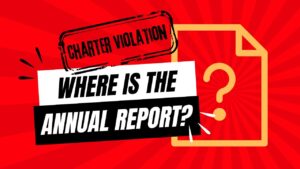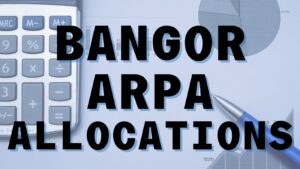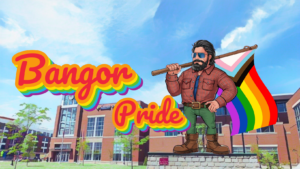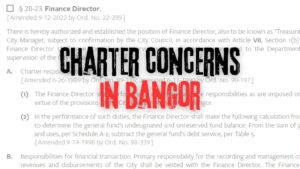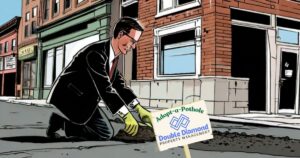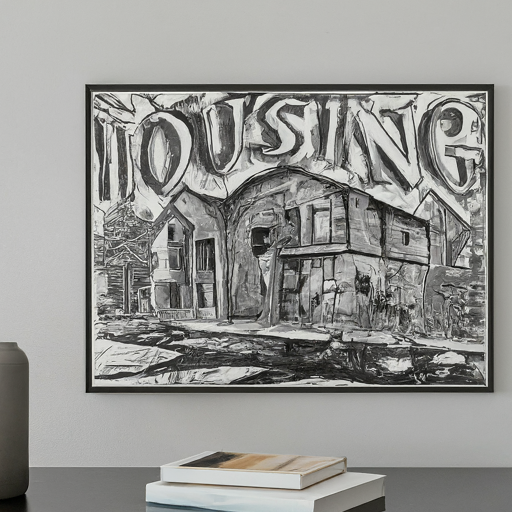
In 2019 the city of Bangor, Maine released a report from its Housing Work Group with recommendations for improving housing quality, affordability, and access in the city. Like many cities across the country, Bangor is facing a housing crisis stemming from issues such as aging housing stock, low incomes compared to rising rents, and vulnerable populations struggling to find safe, affordable housing.
The report provides a comprehensive overview of the housing situation in Bangor based on data analysis as well as input from a diverse set of stakeholders including city officials, neighborhood representatives, health providers, businesses, developers, and more.
Some key takeaways from the report:
- Bangor ranks as one of the least affordable cities for renters in Maine. More than 60% of renter households are unable to afford the average 2-bedroom apartment.
- Over 50% of Bangor’s housing stock was built before 1950 and requires upgrades and maintenance. There are over 100 vacant or abandoned properties needing repair or redevelopment.
- Unique populations like older adults, individuals struggling with homelessness, mental illness or substance use, and even young professionals like teachers and nurses are having difficulty securing quality affordable housing.
- To address these issues, the report puts forth numerous recommendations organized into priority areas like improving housing affordability, improving housing quality, assisting vulnerable groups, and updating zoning.
Some priority recommendations for the City of Bangor include:
- Launching a rental registry and inspection program
- Increasing accountability and enforcement of housing codes
- Providing incentives for rehab and development of properties
- Updating zoning to allow for denser, transit-oriented development
- The report also calls for collaborative efforts by nonprofits, health providers, businesses, and foundations to increase supportive housing services, leverage data systems, and drive community engagement around housing issues.
Implementing these recommendations will take considerable time and coordinated efforts by public, private and nonprofit partners. But it is an important step toward ensuring quality, affordable housing options exist for all Bangor residents and improving neighborhoods. With urgent action and a “Yes in My Back Yard” approach, the city can confront its housing challenges head on.

